29 October 2025
Building on the Malaghan’s pioneering CAR T-cell clinical trial, the Perret Lab is working on new ways to boost the performance and staying power of this ground-breaking cancer treatment.

CAR T cells in action. Pink CAR T-cells made at the Malaghan are attacking a clump of green cancer cells. As the cancer cells die they turn blue.
CAR T-cell therapy is no longer just a distant promise in Aotearoa New Zealand. The Malaghan Institute is currently running phase 2 of the country’s first clinical trial of CAR T-cell therapy, which is treating patients with relapsed and refractory B-cell non-Hodgkin lymphoma using a locally developed treatment. So far, the treatment has shown encouraging safety and efficacy. Now, Dr Rachel Perret and her team have received a $1.2 million project grant over three years from the Health Research Council to take the next step in this ground-breaking therapy: making CAR T-cells stronger, faster and more durable.
CAR T-cell therapy works by taking a patient’s own immune cells, reprogramming them to recognise and kill cancer, and then returning them to the patient’s bloodstream. It has transformed treatment options for certain blood cancers overseas and is offering new hope here. Yet, despite its success, the therapy has limits. Some patients’ cancers don’t respond, or relapse after an initial response.
 “One of the reasons we think this happens is exhaustion,” says Dr Perret. “CAR T-cells can become exhausted either during manufacture or once they’re back in the patient, because of the immunosuppressive environment around the tumour. Exhausted cells don’t persist or function as well, and the cancer can gain the upper hand.”
“One of the reasons we think this happens is exhaustion,” says Dr Perret. “CAR T-cells can become exhausted either during manufacture or once they’re back in the patient, because of the immunosuppressive environment around the tumour. Exhausted cells don’t persist or function as well, and the cancer can gain the upper hand.”
Cells, like people, can lose their effectiveness when overworked or overstimulated. But, unlike humans, CAR T-cells can be deliberately modified to resist that exhaustion. By blocking or silencing the genes that drive exhaustion, researchers can create cells that keep working for longer, potentially improving patient outcomes.
Dr Perret’s project will tackle exhaustion from two angles. The team will re-engineer CAR T-cells to switch off key genes linked to exhaustion and at the same time refine the way the cells are made in the laboratory. Shorter manufacturing times and ‘fitter’ cells should mean stronger, more persistent therapies are delivered to patients more quickly.
“The goal is to build CAR T-cells that are both resilient and ready to act the moment they’re infused back into the patient,” says Dr Perret. “We expect these improvements to be applicable to many cancer types, not just the ones we’re targeting now, and to translate readily within our clinical trial programme.”
By combining cutting-edge cell engineering with insights from New Zealand’s first CAR T-cell trial, the Malaghan team hopes to overcome one of the therapy’s major challenges and bring a new generation of cancer immunotherapies within reach for patients here and beyond.
Related articles
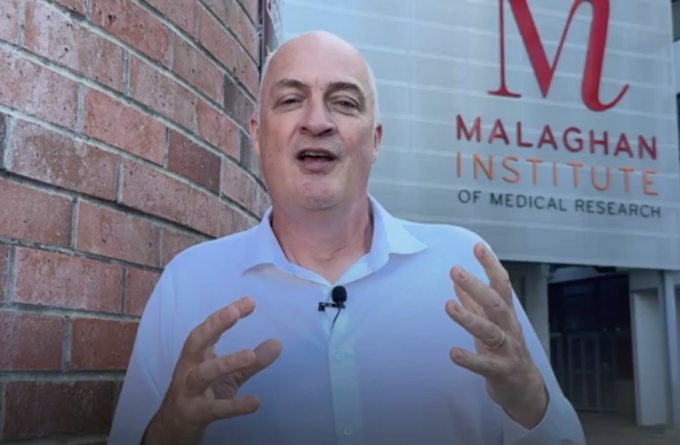
CAR T-cell therapy: 5-part video series
25 February 2026
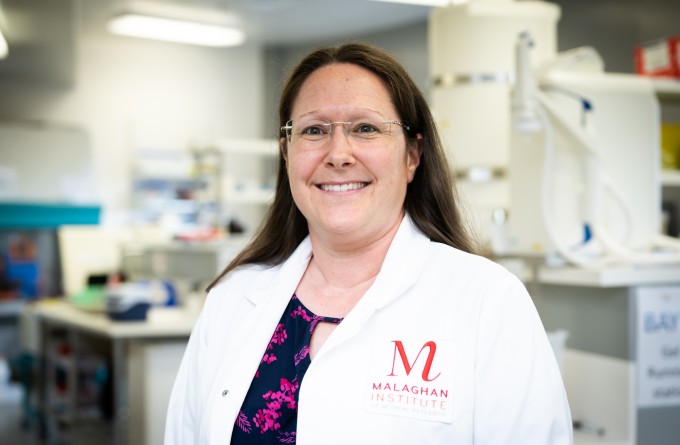
Momentum is everything: advancing CAR T-cell research for future trials and treatments
25 February 2026

A ground-breaking cancer treatment is within reach – but only if New Zealand acts now
12 February 2026
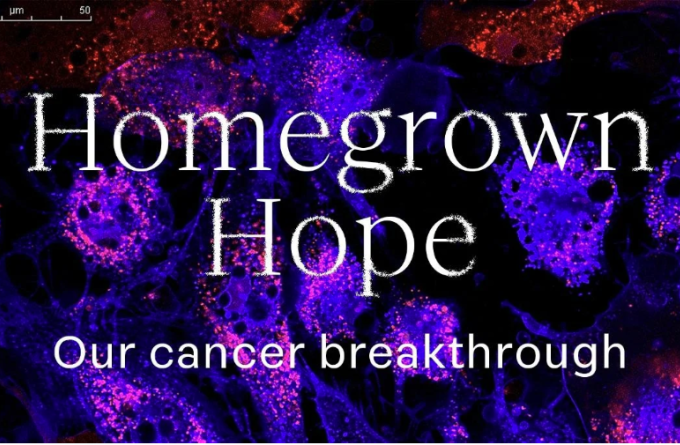
Homegrown Hope - Stuff's series on CAR T-cell therapy
11 February 2026
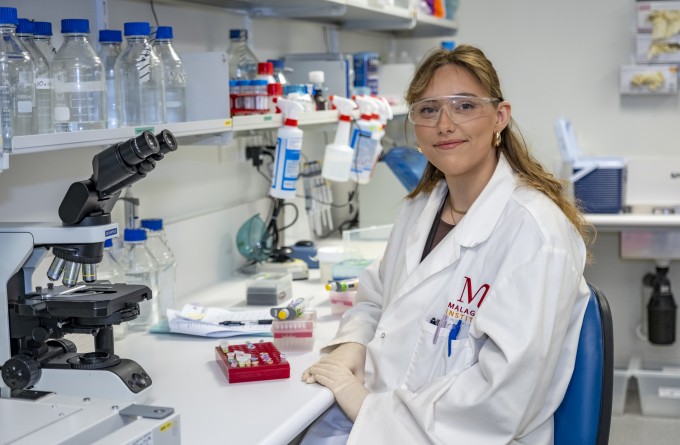
Tracking the journey of the shapeshifting bacteria behind stomach cancer
19 November 2025
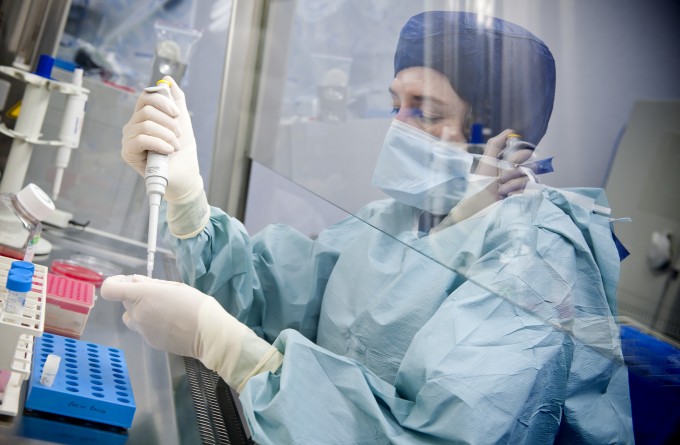
Celebrating milestones in bringing life-saving cell therapies to New Zealand
12 November 2025
